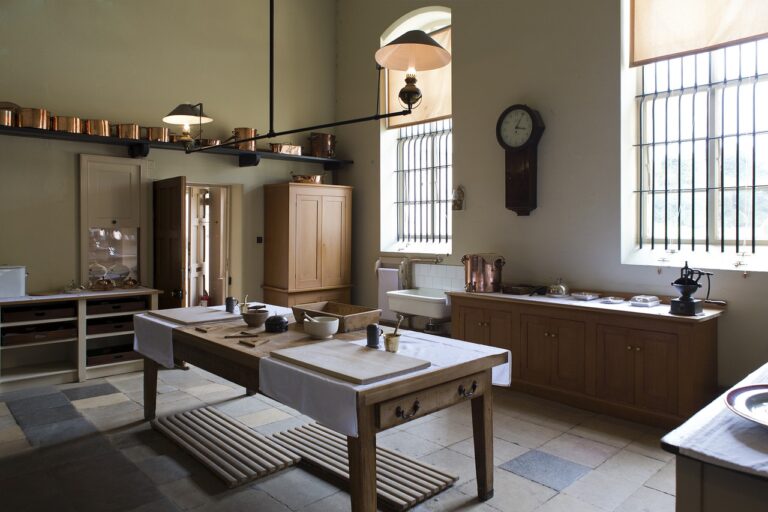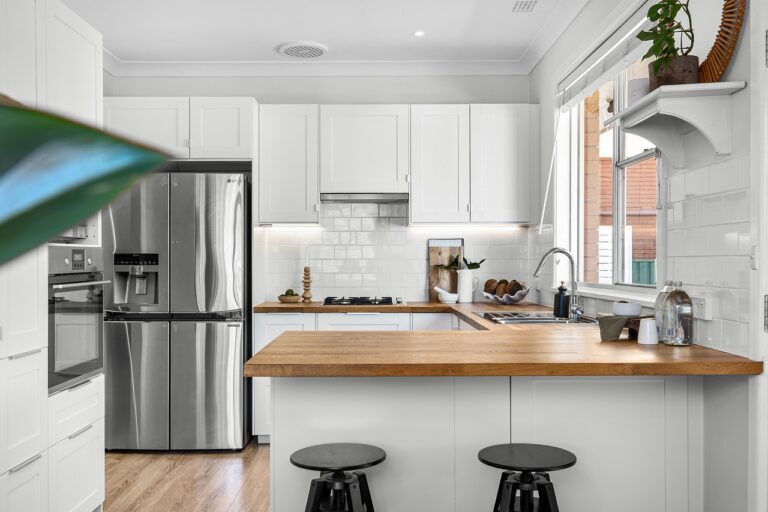The Benefits of Ventilation in Home Workshops: 11xplay pro, Tiger 247 login, Betbook
11xplay pro, tiger 247 login, betbook: Home workshops are a popular setup for many DIY enthusiasts and hobbyists. With the rise of accessible tools and equipment, more and more people are creating their own workspaces to hone their skills and complete projects. While setting up a home workshop is exciting, it’s essential to prioritize ventilation to ensure a safe and comfortable working environment. In this article, we’ll explore the benefits of proper ventilation in home workshops and why it should be a top priority for any DIY enthusiast.
1. Health Benefits
Proper ventilation in a home workshop is crucial for maintaining good indoor air quality. Woodworking, painting, and other activities common in workshops can release harmful substances into the air, such as sawdust, fumes, and particles. Without adequate ventilation, these substances can build up and lead to health issues like respiratory problems, headaches, and dizziness. By ensuring good airflow in your workshop, you can protect your health and wellbeing while working on your projects.
2. Odor Control
Many workshop activities can produce strong odors that linger in the air long after you’ve finished working. Ventilation helps to remove these odors and keep your workshop smelling fresh. Whether you’re painting a piece of furniture or working with chemicals, a well-ventilated workshop can prevent unpleasant odors from becoming overwhelming and unpleasant to work in.
3. Temperature Regulation
Proper ventilation can help regulate the temperature in your workshop, especially during hot summer months or cold winters. Good airflow can help prevent your workshop from becoming too hot and stuffy in the summer, or too cold and damp in the winter. By maintaining a comfortable temperature, you can work more efficiently and stay focused on your projects without being distracted by extreme weather conditions.
4. Moisture Control
Moisture buildup in a workshop can lead to mold and mildew growth, which can damage your tools, equipment, and materials. Proper ventilation helps to remove excess moisture from the air and prevent condensation from forming on surfaces. By keeping your workshop dry and well-ventilated, you can protect your investments and ensure that your tools and materials last longer.
5. Fire Safety
Workshops are often filled with flammable materials and tools that can pose a fire hazard if not handled properly. Good ventilation can help reduce the risk of fire by removing combustible fumes and preventing them from accumulating in your workshop. In the event of a fire, proper ventilation can also help smoke and toxic gases escape more quickly, giving you a better chance of safely evacuating the area.
6. Comfort and Productivity
Lastly, proper ventilation in your home workshop can enhance your overall comfort and productivity. Working in a well-ventilated space can reduce fatigue, improve concentration, and make it easier for you to stay focused on your projects. By creating a comfortable and healthy working environment, you can enjoy your time in the workshop and achieve better results with your DIY projects.
In conclusion, proper ventilation is essential for maintaining a safe, healthy, and comfortable working environment in your home workshop. By prioritizing ventilation and ensuring good airflow, you can protect your health, prolong the life of your tools and materials, and create a more enjoyable and productive workspace for all your DIY projects.
FAQs
Q: How can I improve ventilation in my home workshop?
A: You can improve ventilation in your home workshop by installing a range hood or exhaust fan, opening windows and doors to let in fresh air, or using portable fans to circulate air.
Q: Do I need to wear a mask in my ventilated workshop?
A: While proper ventilation can help reduce the need for a mask, it’s always a good idea to wear one when working with potentially harmful materials or chemicals to protect your respiratory system.
Q: Can I DIY my workshop ventilation system?
A: DIYing a ventilation system for your workshop is possible, but it’s essential to consult with a professional to ensure that it meets safety standards and effectively removes contaminants from the air.







